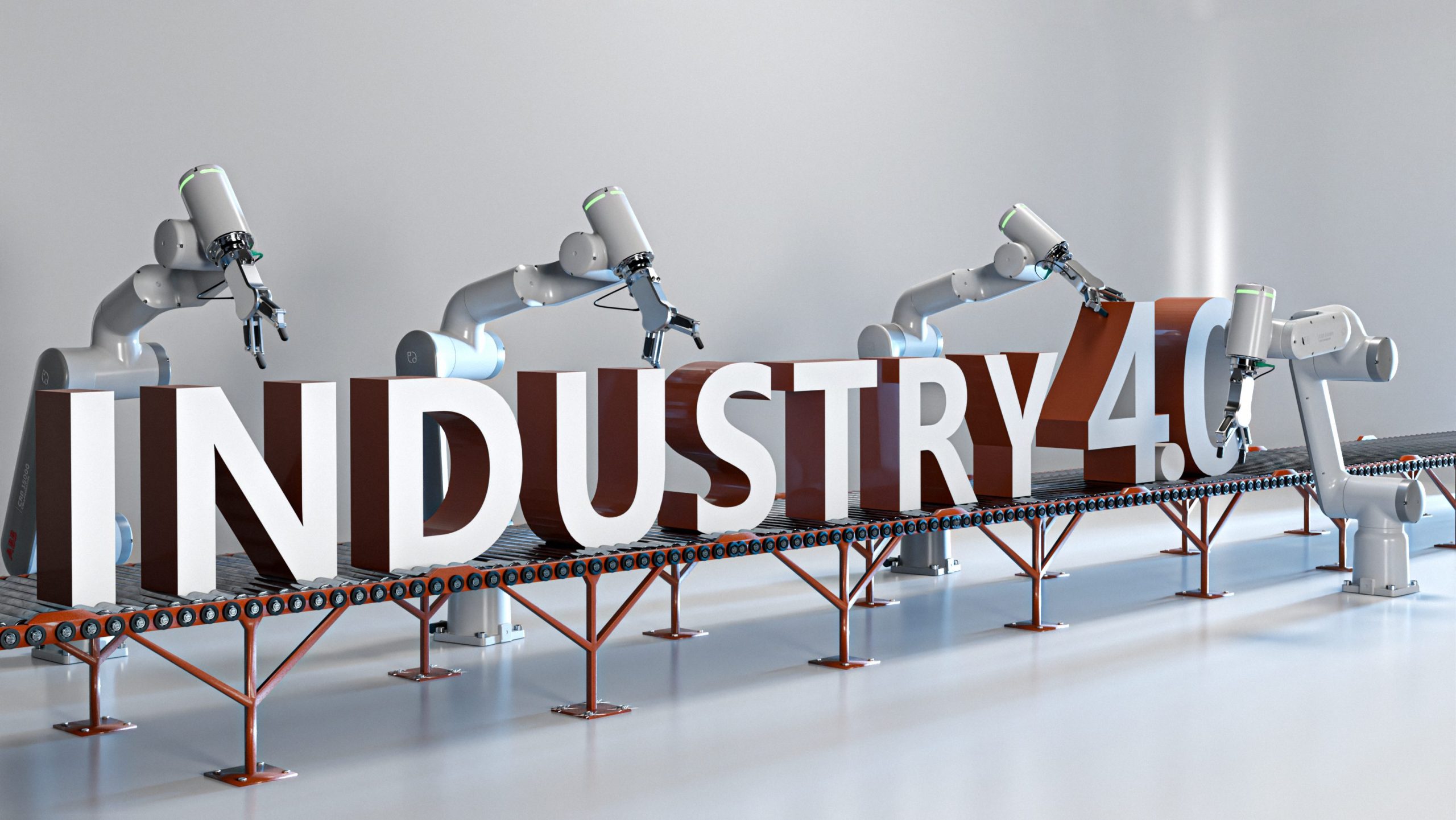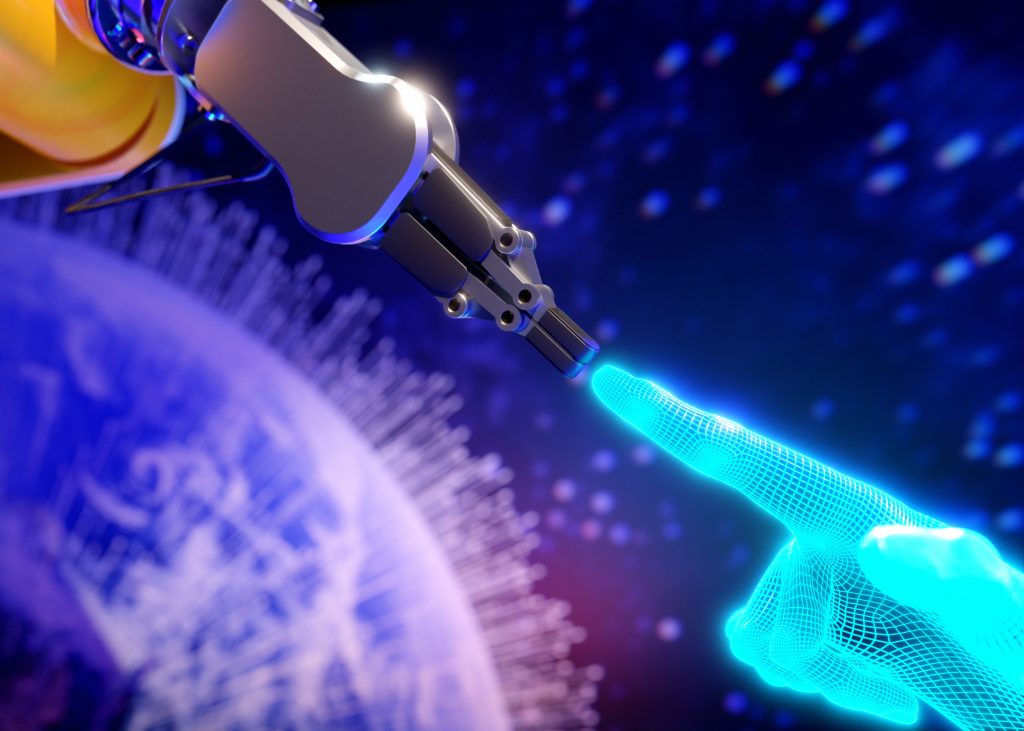
INTRODUCTION
As we embark on the journey of the 21st century, one term that keeps resurfacing in discussions about technological advancements is the “4th Industrial Revolution.” This revolution is driven by a powerful force called Artificial Intelligence (AI), which has the potential to shape the future of humanity. Africa, with its youthful population and untapped potential, has a unique opportunity to harness AI for its development. However, one critical factor stands in the way – the availability of data. In this blog post, we will explore the essence of the 4th Industrial Revolution, its significance for Africa’s development, and how Schemata is actively working to address the data challenge.
Understanding the 4th Industrial Revolution and AI
The 4th Industrial Revolution is characterized by the convergence of digital, physical, and biological technologies. At its core lies Artificial Intelligence, a branch of computer science that enables machines to simulate human intelligence. AI systems can learn, reason, and make decisions, often surpassing human capabilities in tasks like data analysis, pattern recognition, and problem-solving.
Why AI is Crucial for Africa’s Development
Africa is on the cusp of a transformational period, and AI could be the catalyst that propels the continent towards sustainable development. The applications of AI in various sectors, such as healthcare, agriculture, finance, and education, can revolutionize service delivery and improve the lives of millions. AI-powered technologies can optimize resource allocation, enhance productivity, and create new opportunities for economic growth.

The Role of Data in Fueling AI
Data is the lifeblood of AI. To make accurate predictions, generate insights, and deliver meaningful results, AI systems require vast amounts of high-quality data. Unfortunately, Africa faces a challenge in this regard. The availability of relevant and reliable data is limited, hindering the development and implementation of AI solutions across the continent.
The Data Gap and Its Impact on Africa
Africa’s data gap puts the continent at risk of lagging behind in the 4th Industrial Revolution. As developed nations embrace AI-powered technologies to drive innovation and economic growth, Africa risks becoming marginalized unless it can bridge the data divide. The lack of comprehensive and up-to-date data prevents AI systems from achieving their full potential in addressing Africa’s unique challenges.
Schemata: A Solution to Africa’s Data Problem

Schemata, a cutting-edge data marketplace, recognizes the urgency of addressing Africa’s data challenge. As a powerhouse of relevant and diverse data, Schemata aims to empower businesses, researchers, and policymakers with the data they need to drive positive change. By aggregating data from various sources and sectors, Schemata creates a dynamic ecosystem that fuels AI applications, unlocking new possibilities for Africa’s development.
Conclusion
The 4th Industrial Revolution and Artificial Intelligence hold the key to Africa’s progress and prosperity. The potential benefits of AI are vast, from optimizing healthcare delivery to enhancing agricultural productivity. However, the lack of data threatens to stifle this progress and widen the gap between Africa and other regions. Schemata’s vision of becoming a leading data marketplace seeks to bridge this gap by providing a wealth of reliable and valuable data. With Schemata’s data-driven solutions, Africa can harness the power of AI to propel the continent towards a brighter and more inclusive future. The time to act is now, and together, we can unlock Africa’s potential in the era of AI-driven innovation.

Hi, this is a comment.
To get started with moderating, editing, and deleting comments, please visit the Comments screen in the dashboard.
Commenter avatars come from Gravatar.